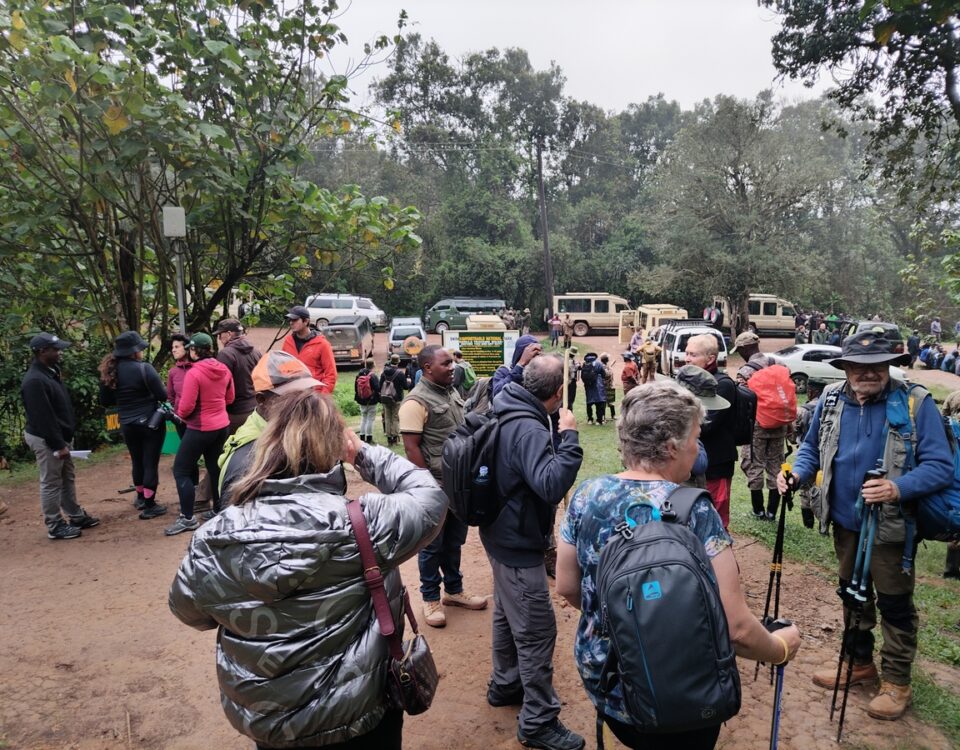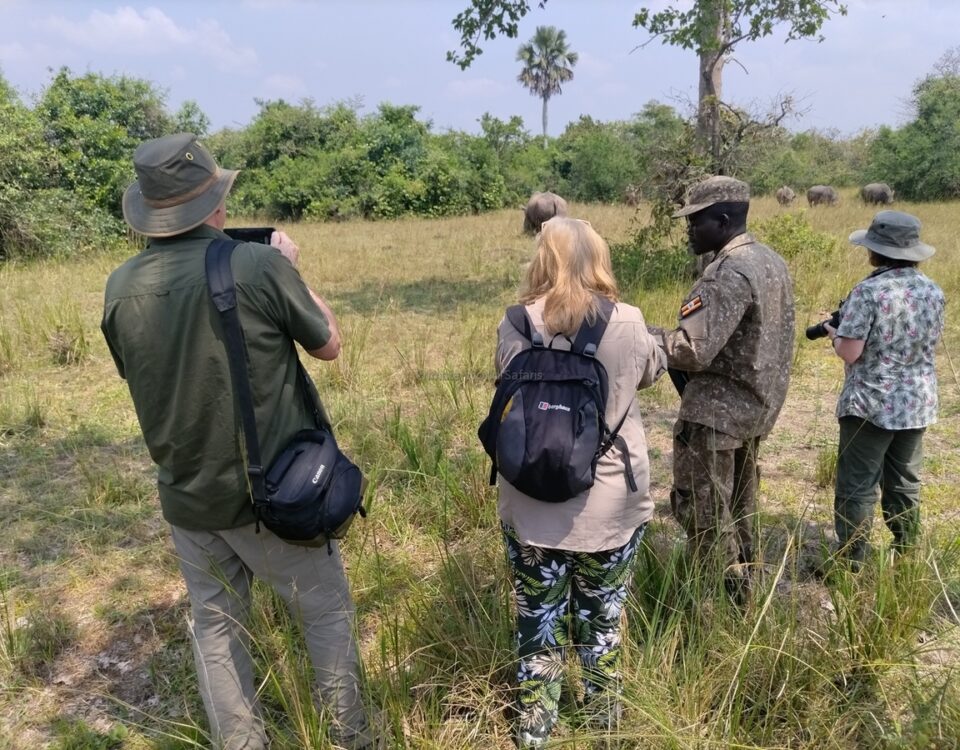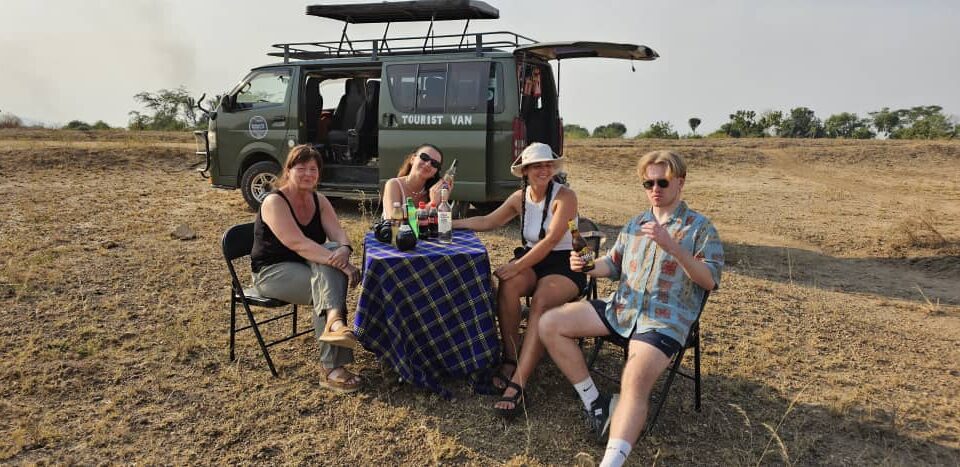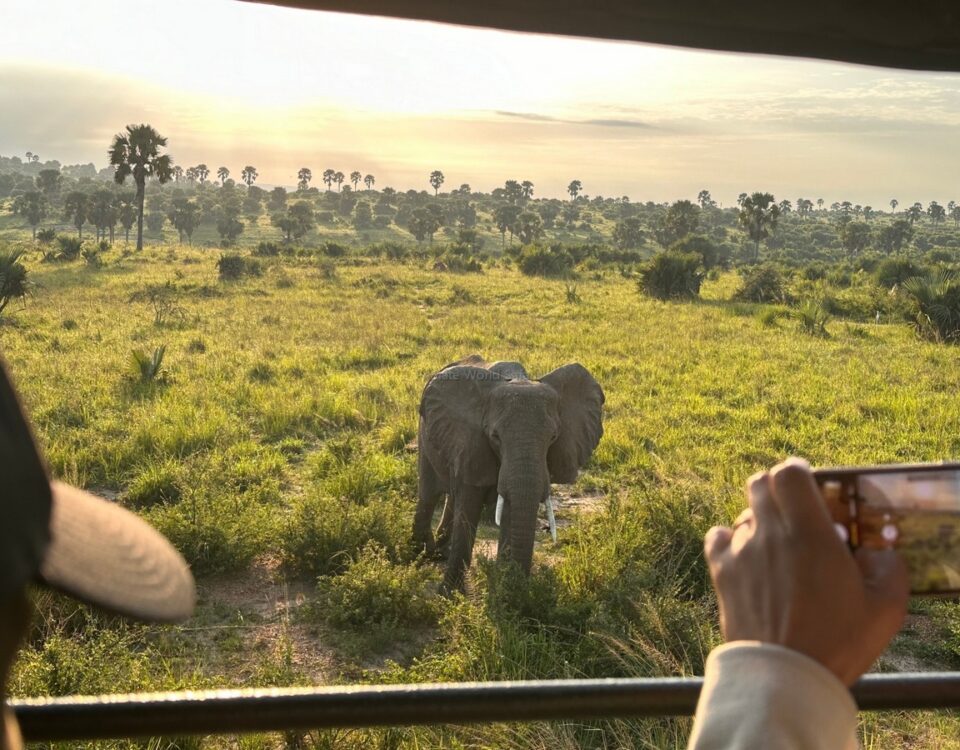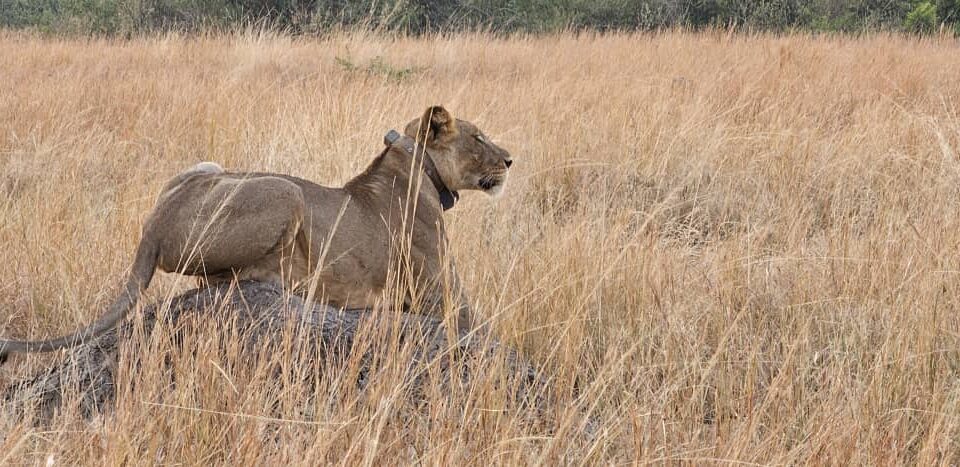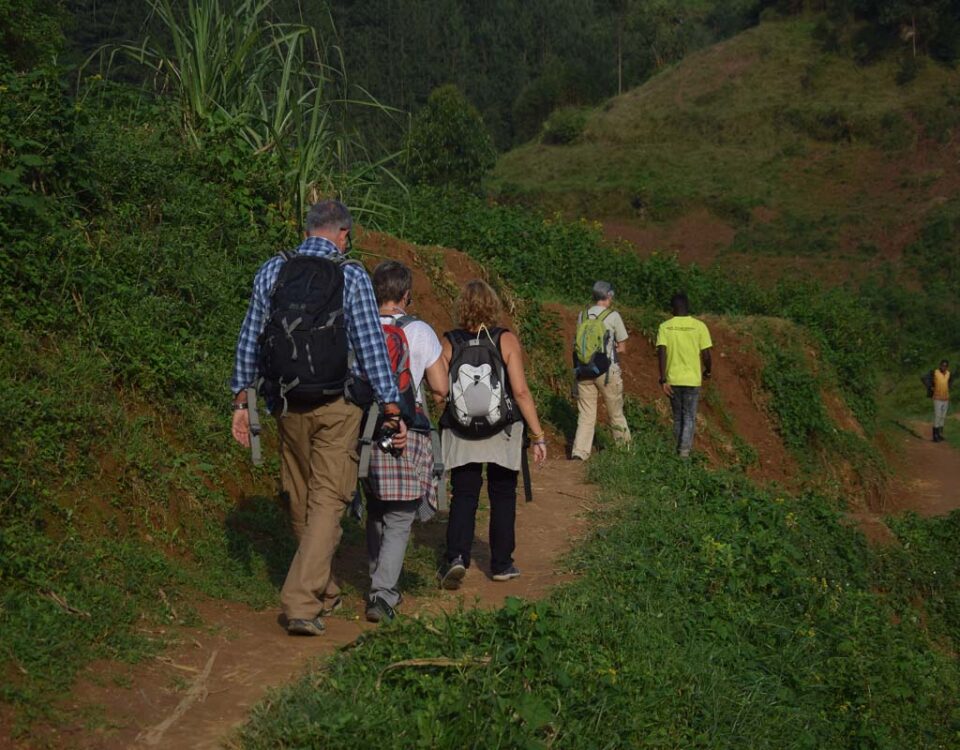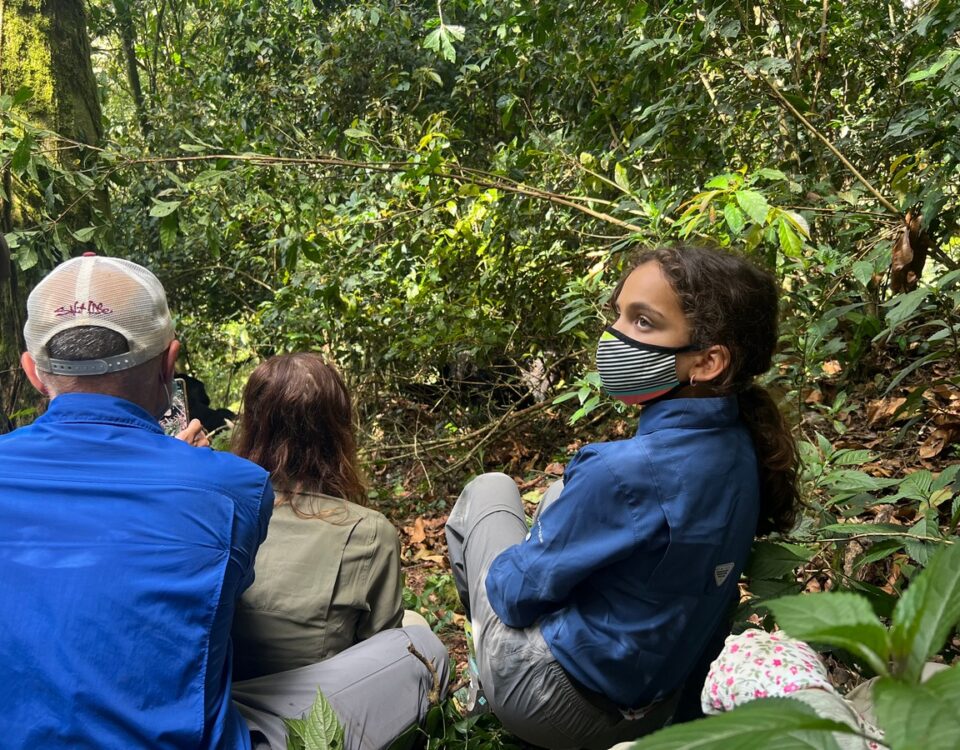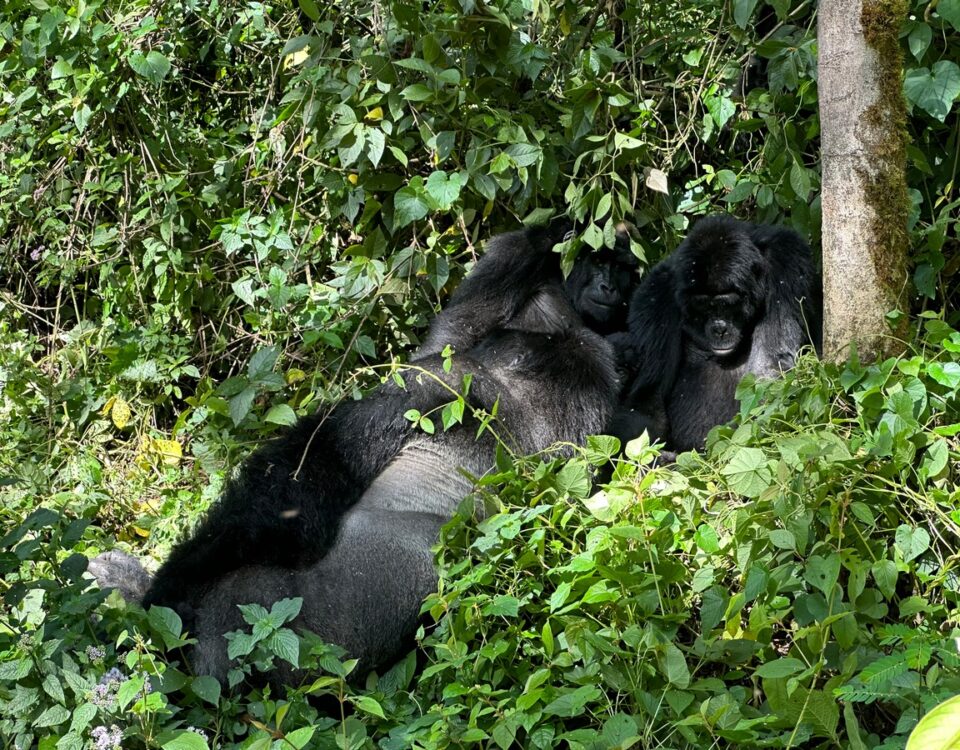6-Day Rwanda Uganda Experiential Safari (Gorilla Trekking, & Wildlife Experience)
This 6-Day Rwanda Uganda Experiential Safari starts from Kigali Genocide Memorial and then heads to Nyungwe Forest National Park for chimpanzee trekking and canopy walk. You’ll also pay a visit to the famous Volcanoes National Park for Bisoke hike and lake. Head for the border crossing road trip to south western Uganda to find mountain gorillas in Bwindi Impenetrable National Park. After gorilla trekking, your guide will lead you to the zebra magnet of Lake Mburo National Park.




